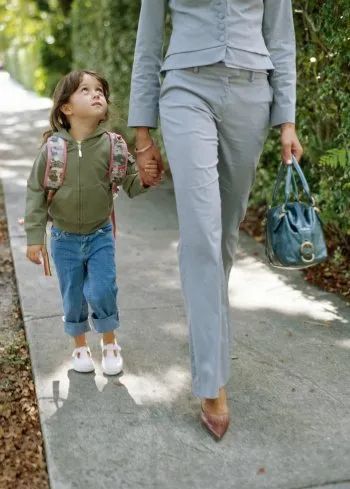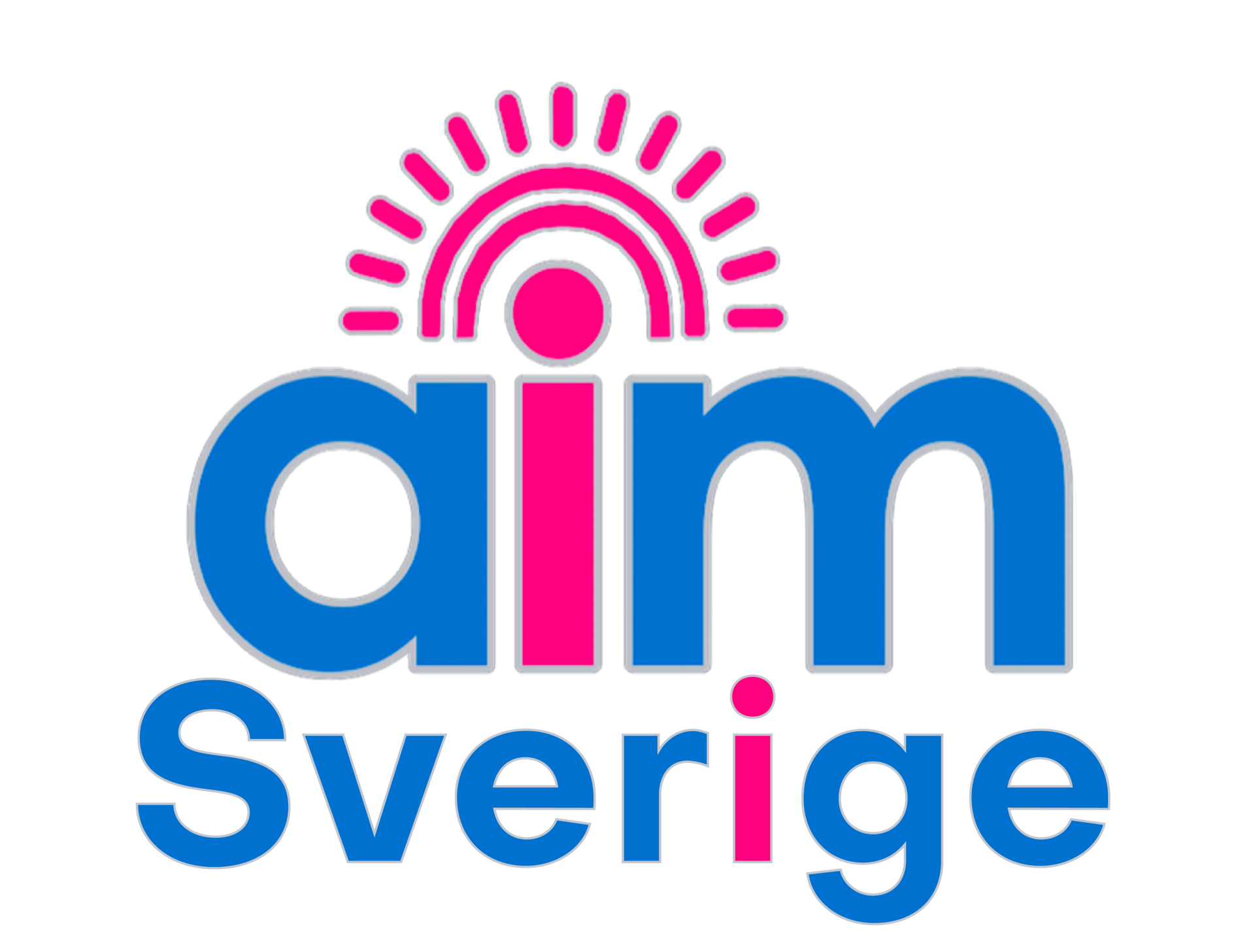Childhood Education: Do As I Do, Not As I Say
This week I was talking with 3 separate sets of parents about frustrations in the home. In discussions with these parents a common theme emerged. Many parents want their children to do as they say, but not as they do. Parents want to live a rushed life without anyone telling them to “slow down”. They want to make demands of others without considering that other person’s needs (ie. their children’s needs). Lastly, they want to be allowed to be “human” in the case of yelling or using swear words when kids “make them” really angry.
 There is a great hypocrisy, however, in that parents don’t want their children to repeat any of these behaviors. When we see our kids rushing through picking up their room without attending to details, or swearing at their brother when a toy is not shared, or commanding us to get them a drink “now”, we say “How dare you act that way?!” Well, folks. There is actually a very easy answer to that question. They dare to act that way because they see us role modeling it for them.
There is a great hypocrisy, however, in that parents don’t want their children to repeat any of these behaviors. When we see our kids rushing through picking up their room without attending to details, or swearing at their brother when a toy is not shared, or commanding us to get them a drink “now”, we say “How dare you act that way?!” Well, folks. There is actually a very easy answer to that question. They dare to act that way because they see us role modeling it for them.

Actually, if they are duplicating the things you do when you are frustrated, angry, or overwhelmed, they are just being fantastic learners (which their brains are developmentally primed to be). Children ages 0-5 are in the richest phase of their life where their brains are pre-programmed to learn by mimicking their role models (see Montessori sensitive periods). We see it apparent in how children learn language, cultural norms, and more. So, they are super sensitive little sponges that need calming nourishing examples to saturate them.
This week, I challenge you to take a look first at the behaviors in your child that are really bothering you. Write those  behaviors down on a list. Then draw a line down the middle of your page and create a right-hand column where you take a fierce personal inventory of whether you ever model this same behavior. It is important to note if you ever do this behavior because children notice, even if you only do it now and then (or when you are “really mad”). Those times matter too. In fact, they matter even more than the “easy” times when you keep your cool.
behaviors down on a list. Then draw a line down the middle of your page and create a right-hand column where you take a fierce personal inventory of whether you ever model this same behavior. It is important to note if you ever do this behavior because children notice, even if you only do it now and then (or when you are “really mad”). Those times matter too. In fact, they matter even more than the “easy” times when you keep your cool.

Perhaps with this self-assessment, you will make a change in who you are asking to be more patient, calm, and appropriate with kid words. The 3 parents that I met with all realized that before they could even request a change in their child’s behavior, they had to start with some serious changes in their own behavior.






















